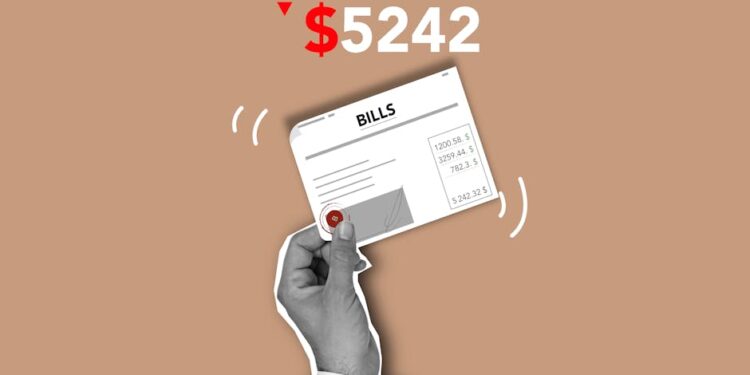Achieving Financial Freedom through Debt Management
In today’s economy, achieving financial freedom is a goal for many, but it can often seem elusive—especially for those grappling with substantial debt. However, with the right strategies, debt management can lead the way to true financial liberation. This article will explore effective methods to manage debt, reduce financial burdens, and pave a clear path to financial independence.
Understanding Debt and Its Impact on Financial Freedom
Debt is money owed by one party to another, but not all debt is detrimental. Consumer and mortgage debts are common, yet the key lies in how they are managed. Mismanagement can lead to a negative spiral, affecting credit scores, increasing stress levels, and hindering financial growth.
Financial freedom is often defined as the stage where one’s savings sufficiently cover living expenses, letting individuals make life choices without being constrained by financial obligations. Achieving this freedom requires effective debt management, which not only improves your credit score but also boosts your overall financial health.
Top Strategies for Effective Debt Management
1. Assess and Organize Your Debt
Begin by listing all your current debts, including their totals, interest rates, and monthly payment requirements. This overview allows you to prioritize your debts, often advised to tackle high-interest debts first—known as the avalanche method. Alternatively, the snowball method, where smallest debts are paid off first, can motivate through quick wins.
2. Budgeting and Expense Tracking
A robust budget is crucial. It should account for income, essential expenses (such as food and housing), and debt repayments. Tracking expenses also ensures there are no financial leaks—frequent, small, unnecessary expenses that impede debt repayment. Numerous apps and tools exist to help with efficient budgeting and tracking.
3. Increase Income Sources
Increasing your income can be a game-changer in accelerating debt payoff. Consider freelance work, part-time jobs, or selling unused items. The additional funds can be directed towards debt, reducing it more quickly and lessening interest accumulation.
4. Negotiate Better Terms
Often overlooked, negotiating for better interest rates with your creditors can decrease the amount paid over time. If you have a good repayment history, creditors are sometimes willing to lower rates or adjust terms to help manage your debts better.
5. Utilize Debt Consolidation
Debt consolidation involves combining various debts into a single, larger debt with more favorable payoff terms, like a lower interest rate. This simplification can lead to significant savings on interest payments and streamline the repayment process.
Common Questions About Debt Management
Can Debt Management Affect My Credit Score?
Initially, some debt management methods can lower your credit score. For instance, closing several accounts after paying off debts or applying for a new loan to consolidate debts can impact your score. However, these are typically short-term effects, and as debts are paid down, your credit score usually improves.
Is Debt Management Right for Everyone?
While debt management can be incredibly beneficial, it’s not a one-size-fits-all solution. It’s important to consider personal financial situations, the type of debt incurred, and individual financial goals. Consulting with a financial advisor might be prudent in many cases.
How Long Does It Take to Achieve Financial Freedom Through Debt Management?
The time frame varies significantly based on debt amount, income stability, and the strategies implemented. Consistency and commitment to a well-structured debt management plan can notably speed up the process.
Tools and Resources for Debt Management
Numerous online tools and resources can assist in managing your debts more effectively. Websites like NerdWallet and Mint offer free budgeting tools and calculators that can design personalized debt repayment plans. For more comprehensive assistance, debt management programs and financial advisors can provide tailored solutions based on individual circumstances.
Conclusion: Pathway to Empowerment
Managing debts is not simply about planning financials but also about regaining control over one’s life choices. Effective debt management not only fosters financial growth but also emotional and psychological well-being by reducing stresses of financial insecurities. By employing tailored strategies and utilizing available resources, financial freedom is not just a dream—it’s an attainable goal for individuals willing to commit to the process of transforming their financial habits.
Remember, the road to financial independence doesn’t have to be walked alone. Seeking support—from technology, professionals, or a supportive community—can propel you towards achieving and sustaining financial freedom.

























































